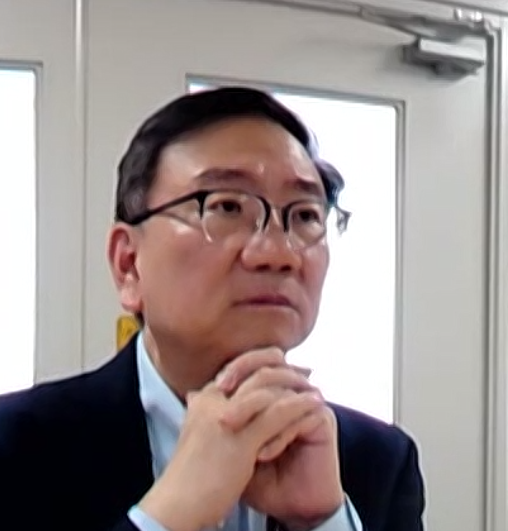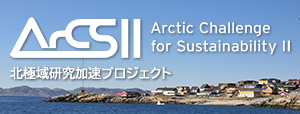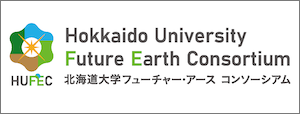
| Date&Time | April 16, 2024, 11:00-12:15 |
| Method | Hybrid (Online and In-person) |
| Language | English |
| Participant | 12 people |
| Lecturer: Professor Tse-Kang LENG Affiliation: Institute of Political Science (IPSAS), Academia Sinica (former director) and National Chengchi University, Taiwan Presentation Title: Nordic diplomacy and East Asia: the case of Finland Abstract: The US-China rivalry and Russia-China partnership have changed the geopolitical framework of the Arctic area, especially after the Ukraine war. Mutual trust between Nordic countries and China is in decline and the suspicion on the authoritarian control is on the rise. Nordic countries such as Finland are searching for a new type of “middle-power alliance” to consolidate multilateralism and democratic value. Such alliance is based on the shared principles of promoting human rights, collaborative governance, non-governmental organizations, and mutual understanding of culture. These principles are the realization of “human security” advocated by both Nordic states and Asian democracies such as Japan and South Korea. Such policy shifts also match the basic Nordic foreign policy guideline in finding the “third party” to alleviate the pressure of bilateral relationship with major powers. Economic interests continue to serve as the foundation of multilateral cooperation of Nordic diplomacy in general, and Finnish foreign policy in particular. Finland still invites China to invest in anode materials projects and continue to link with China’s global supply chain of battery. Such efforts reflect the policy of de-risking instead of total de-coupling with China. Continuous economic connections with China also demonstrate the changing policies to strike a balance between geo-political concerns and adjustments of economic globalization. On the other hand, democracy and other “soft” aspects of human security are functioning like the glue to link domestic interests and economic interdependence. Economic factors still matter, but the resilient dynamism will be invested in a more comprehensive mutual understanding of human rights, social welfare, and normative power with other East Asian countries in the long run. |
|








